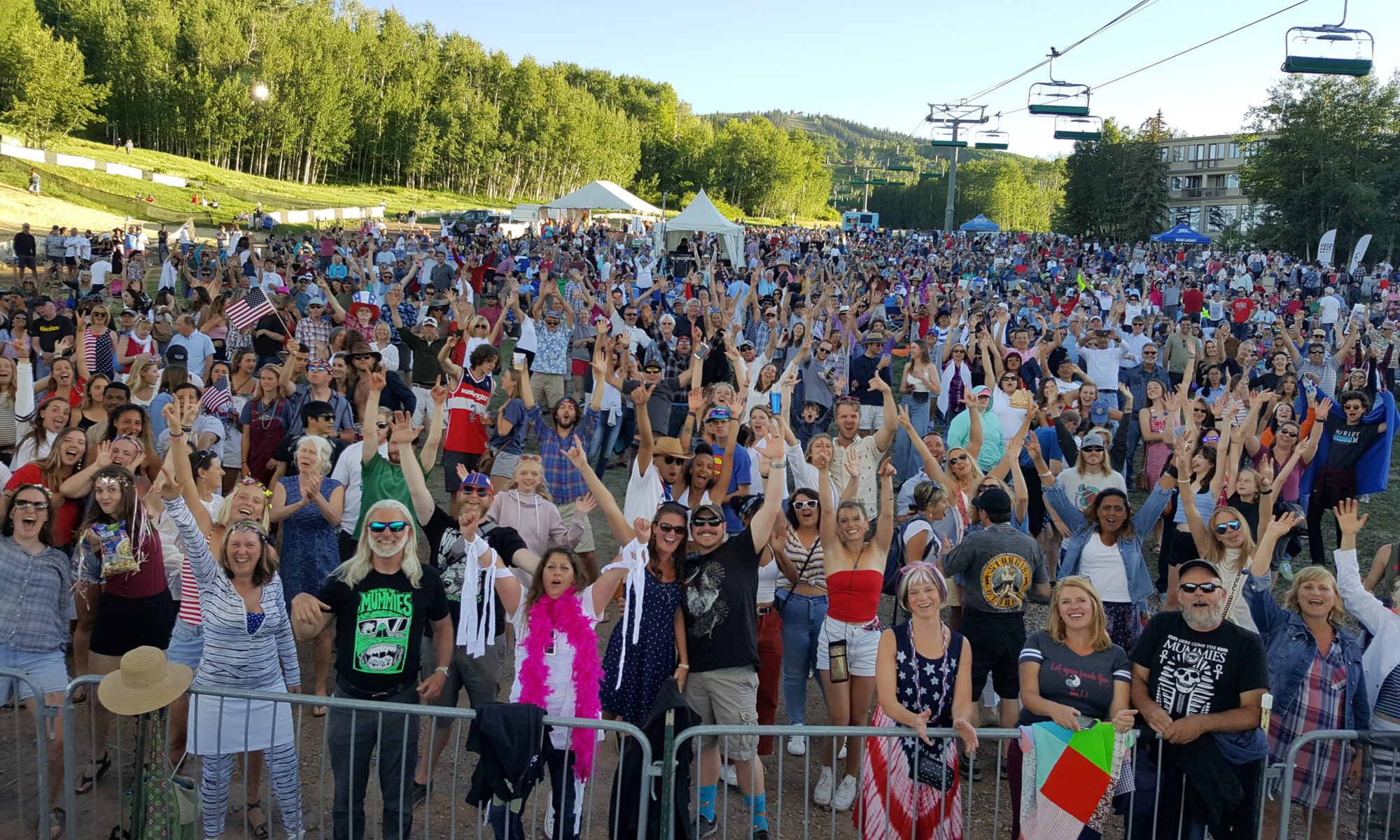When I was young, on the night before going to Disneyland, it was far harder to find slumber than it was on Christmas eve. I wanted to sleep so badly, so the morning would come sooner. The moment my eyes opened on that long anticipated morning, I said to myself, “Today is the day”.
I work at a Wild West themed Adventure Park in Colorado, helping to manage daily operations. I think about that day every single day I am at work. As each child enters the park, I am transported back to that exciting time in my life. Back to that day that I thought would never come.
I am certain, at this point, that you are beginning to wonder what this means to your business. Stay with me.
People love to anticipate things, especially special purchases. These could include something as expensive and exotic as a vacation or new car, but it is important to remember that this level of euphoria can also accompany smaller purchases, especially from demographics where money is not growing on trees, or there is a sentimental attachment to the purchase. Regardless of the reason for the increased excitement, recognizing and accommodating these moments for your clients or guests is instrumental in creating the sanctuary I have written about in an earlier column.
After being in business for a while, it is easy to see a transaction as just that. A transaction. We rarely contemplate the emotion that was, or still is involved with a purchase, so it’s a good idea to assume that it is. So how, you may ask, do you treat the transaction differently with this knowledge?
One thing you can do is savor the moment or purchase with them, especially if there is no one else to do so. Assure them of their decision, and revel in their “moment” with them. While this is especially important with children, adults also like to have others celebrate their little victories, and often their purchase or experience is that victory. This also gives you another method, and another reason to connect personally with the customer, which is the entire point of dealing with humans.
This comes back to helping people feel good about themselves, and sharing n the parts of their life that are important to them is such an invaluable way to show your clients and guests that you care about them as humans, and you want them to be happy. What was the last purchase or experience you anticipated, and got more excited about as the day approached? Take yourself back to that moment, and ask yourself if it lived up to the anticipation. If the answer was yes, it was most likely because you had others sharing your moment with you, whether they were friends, or someone at the place you were spending your money. If the answer was no, and the moment did not live up to your expectation, it is very likely because these elements did not end up being a part of that moment. Things often do not live up to the hype you, or others have created, but the transaction does not have to be a reason for that. If you strive to make it the part the customer or guest remembers favorably, your mission in dealing with humans will be a successful


